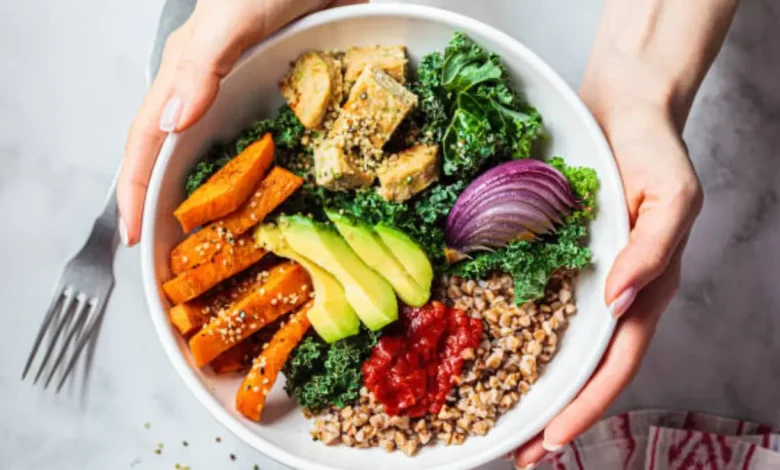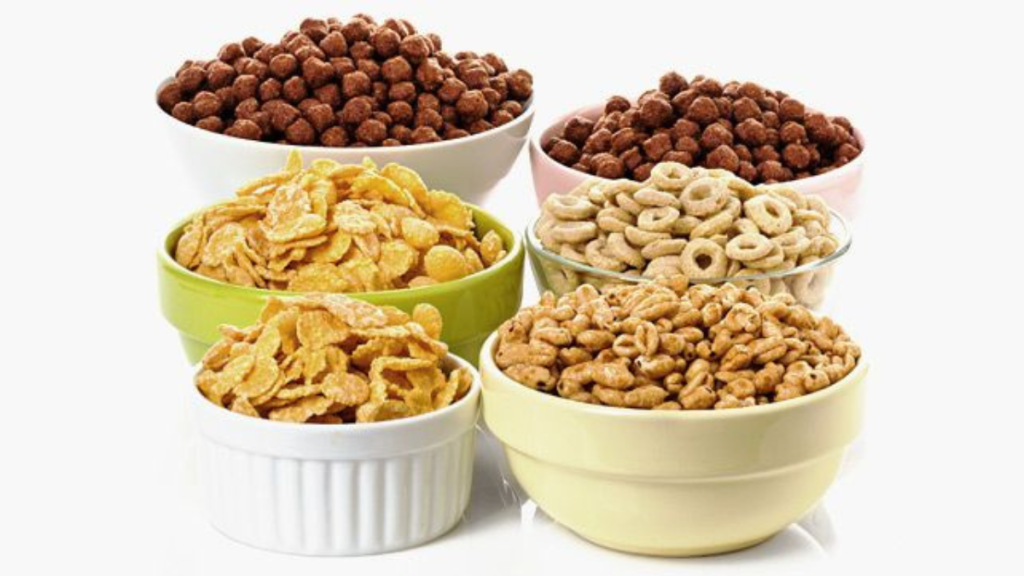Debunking TikTok Nutrition Trends: What Science Says About Viral Health Hacks

TikTok has become a go-to platform for health and nutrition advice, especially among younger users. However, the vast majority of nutrition content on the app lacks scientific backing, with only about 2% of posts meeting accuracy standards. This article explores the most popular viral nutrition trends on TikTok and reveals what science actually says about their effectiveness and safety.
ALSO READ: How Your Diet Impacts Your Skin: Discovering the Strong Connection Between Nutrition and Skin Health
The Reality Behind TikTok Nutrition Advice
Recent studies show that over half of Millennial and Gen-Z TikTok users are influenced by diet and nutrition trends they see on the platform. Despite this, only a tiny fraction of these trends is accurate or supported by scientific evidence. In fact, research analyzing over 67,000 nutrition videos found that just 2.1% aligned with regulated health and nutrition guidelines. This widespread misinformation raises serious concerns about the risks of following unverified health advice.
Oat-zempic: A Viral Drink with Little Substance
One of the most talked-about TikTok trends is the “oat-zempic” drink, which claims to promote rapid weight loss. This concoction typically consists of oats, lime juice, water, and cinnamon. While some users report quick results, experts warn that the drink lacks essential nutrients like protein and healthy fats, making it an inadequate meal replacement. Over time, relying on oat-zempic instead of balanced meals can lead to nutritional deficiencies and may negatively impact metabolism and muscle mass.

The Today Show
Lemon Coffee and Lemon Water: Detox Myths
Another popular trend involves adding lemon to coffee or drinking lemon water for weight loss or detoxification. Although lemons are rich in vitamin C, there is no scientific evidence that lemon coffee or lemon water significantly aids in weight loss or detoxifies the body. These drinks are generally safe but should not be mistaken for miracle solutions.

Healthline
Nature’s Cereal: Healthy Snack or Breakfast Replacement?
“Nature’s cereal” is a TikTok trend that combines berries, coconut water, and sometimes nuts. While it offers some electrolytes and fiber, it does not provide enough calories or nutrients to serve as a fulfilling breakfast. Nature’s cereal can be a refreshing snack, but it should not replace a balanced meal.

Dry Scooping Pre-workout Powder: A Dangerous Trend
Dry scooping consuming pre-workout powder without mixing it with water has gained traction for its supposed energy-boosting effects. However, this practice can be dangerous. Ingesting concentrated stimulants without proper dilution may cause severe digestive issues and other adverse effects. Health professionals strongly discourage this trend due to its potential risks.

Glamour UK
Bone Broth: Miracle Cure or Overhyped Trend?
Bone broth is often promoted on TikTok as a cure-all with numerous health benefits. While it does provide collagen and amino acids, its benefits are not superior to those of regular broth. Bone broth can be a healthy addition to a balanced diet, but it should not be viewed as a magical solution for all health issues.

Bon Appétit Management Company
Why TikTok Nutrition Trends Go Viral
The popularity of TikTok nutrition trends is largely driven by sensational claims and quick-fix promises. Research shows that the more unusual or dramatic a trend, the more likely it is to spread. This creates a cycle where misleading information gains traction, while evidence-based advice struggles to compete for attention.
The Risks of Following Viral Health Hacks
Following unverified nutrition trends can have serious consequences. Studies reveal that a significant percentage of users experience adverse effects after trying viral diets or health hacks. These risks include nutritional deficiencies, digestive problems, and even long-term health issues. It is crucial to approach online health advice with skepticism and consult qualified professionals before making dietary changes.
NOW READ: How to Eat Healthy on a Budget
How to Spot Misinformation on TikTok
To protect yourself from misleading nutrition advice, always consider the source of the information. Look for content created by registered dietitians or credible health professionals. Cross-check claims with reputable sources such as the CDC, FDA, or established nutrition organizations. Be wary of trends that promise quick results or seem too good to be true.
The Importance of Digital Health Literacy
Improving digital health literacy is essential in today’s information age. Users should prioritize learning how to evaluate the credibility of online content and seek evidence-based advice. By doing so, they can make informed decisions about their health and avoid the pitfalls of viral health hacks.
Health and Nutrition Content
While TikTok offers a wealth of health and nutrition content, most of it is not scientifically validated. Viral trends like oat-zempic, lemon coffee, and dry scooping often promise quick results but lack evidence and may pose health risks. To stay safe and healthy, always consult reliable sources and qualified professionals before adopting new nutrition trends.



